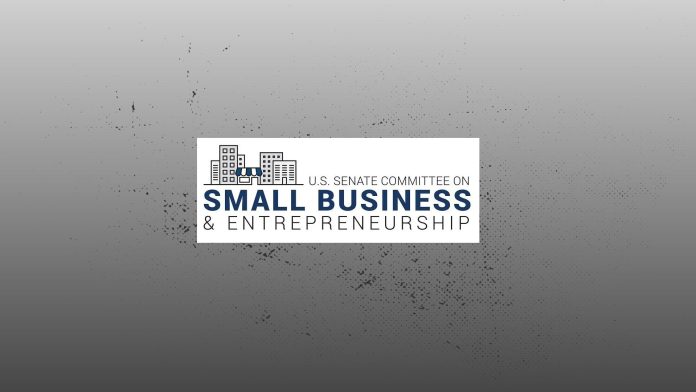Washington D.C. is buzzing with new opportunities for small business owners as Senators Edward J. Markey and Cory Booker introduce the New Start Act of 2025. This groundbreaking legislation aims to empower currently and formerly incarcerated individuals to become entrepreneurs through a five-year pilot program initiated by the Small Business Administration (SBA). Each year, between $100,000 and $500,000 in grants will be awarded to organizations providing entrepreneurial development training for these individuals.
The timing of this bill couldn’t be more significant, as it aligns with Second Chance Month, emphasizing the urgency of facilitating successful reentry for those coming home from the criminal justice system. "Individuals who are currently or formerly incarcerated deserve to be able to participate fully in society and not be locked out of the labor market,” said Senator Markey. “This legislation…help[s] decrease barriers to entry … by providing economic stability, opportunity, and investment.”
The New Start Act aims to create an environment where entrepreneurship can thrive by addressing the multifaceted challenges faced by justice-impacted individuals. It emphasizes not just economic development, but also social reintegration. “Starting a small business can be transformational for formerly incarcerated people, and can be a pathway to overcome the barriers in an economy that is not built for them," remarked Senator Booker.
For small business owners, this initiative offers significant implications. By fostering entrepreneurship among those with past convictions, small business owners can tap into a new workforce that brings unique perspectives and untapped potential. As noted by Chiling Tong, President of the National Asian Pacific Islander American Chamber of Commerce and Entrepreneurship, the legislation will "open new doors for innovation, self-sufficiency, and second chances."
There’s a clear demand for policies that support this demographic, as highlighted by various organizations endorsing the bill. The U.S. Chamber of Commerce pointed to the need for self-employment options for formerly incarcerated individuals, stating that the bill represents a vital pathway to creating economic opportunities and reducing recidivism. Furthermore, organizations focused on entrepreneurship training, such as SCORE, echo this sentiment, advocating for mentorship and resources to facilitate business ownership.
However, small business owners should also be aware of potential challenges. Despite the tremendous opportunities that come with the New Start Act, implementing systems to facilitate the training and support required may present hurdles. Access to mentorship, capital, and a supportive community will be critical. As John Arensmeyer, Founder of Small Business Majority, pointed out, simply supporting entrepreneurial development programs may not be enough without considering the systemic barriers that persist even after legislation passes.
Moreover, owners of small businesses training or hiring formerly incarcerated individuals might face their own challenges in navigating biases within the community, as well as resistance from potential clients. Effective outreach and education within the broader business ecosystem will be crucial for ensuring the success of initiatives like the New Start Act.
The impact this legislation can have extends beyond individual success. By empowering returning citizens to become business owners, the New Start Act aims to foster stronger communities and contribute to economic growth. Ron Busby, President of the U.S. Black Chambers, emphasized that investing in entrepreneurial training helps families and communities thrive, significantly reducing the cycle of recidivism.
Organizations like Women Impacting Public Policy advocate for the importance of focusing on the entrepreneurial potential of women returning from incarceration, noting the unique barriers they face. This highlights a vital aspect of the legislation’s goals: to ensure equitable access to opportunities for all demographics impacted by the justice system.
The New Start Act is not just about individual entrepreneurial success; it’s an investment in a more inclusive economy. By recognizing the potential of individuals exiting the justice system, the bill sets the stage for economic reintegration while arming small business owners with a fresh talent pool. The path forward, however, will require collaboration and commitment from all stakeholders to realize the legislation’s full potential and make a tangible difference in the lives of those who have historically been underserved.
As this bill moves through the legislative process, small business owners are encouraged to engage with community organizations and policymakers to ensure that implementation strategies effectively address the real-world needs of returning citizens.
For more information on the New Start Act, you can read the full press release here.
Image Via BizSugar



